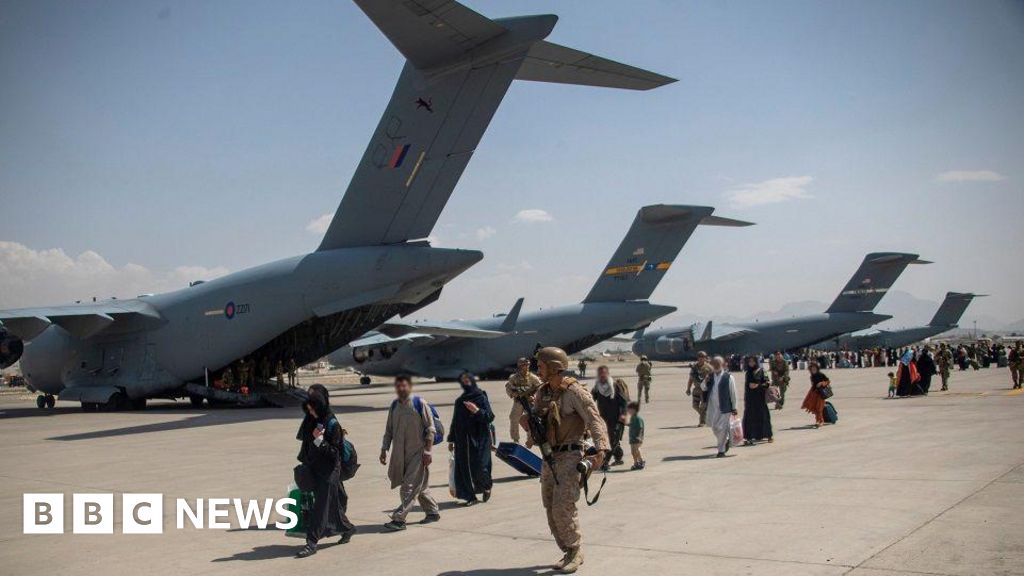Germany is poised to overhaul its legislation concerning people-smuggling as part of a broader agreement with the UK during Chancellor Friedrich Merz's inaugural visit to London. The anticipated reform aims to criminalize the facilitation of illegal migration to the UK, a shift from the current legal framework that permits such actions for countries outside the European Union—including the UK, post-Brexit.
This change comes as part of a wider agreement between the UK and Germany, addressing various issues from migration to trade and defense. By the end of the year, German authorities will be better positioned to conduct investigations and act against warehouses and facilities implicated in smuggling operations related to small boats used in perilous Channel crossings.
The German commitment to revise its laws follows a successful BBC investigation which highlighted the country as a significant hub for storing boats and engines intended for such endeavors. British opposition leader Sir Keir Starmer praised the proposed reforms as a vital step in disrupting the supply chains of the dangerous maritime activities contributing to illegal immigration.
In conjunction with this announcement, Prime Minister Starmer faces increasing pressure to manage the growing crisis of small boat crossings, with over 21,000 individuals attempting the treacherous journey this year—marking a 56% rise from 2024 figures. Critiques from the shadow home secretary Chris Philp highlight claims that the government's management of borders is faltering, labeling current measures as mere distractions rather than effective strategies.
Aside from migration discussions, the leaders will explore collaborative defense initiatives, including increased UK defense exports. A partnership framework will be unveiled to support the sale of co-produced military equipment, potentially yielding billions in economic benefits and job creation in both countries. New commercial investments, totaling above £200 million, will also be announced during the visit, promising over 600 new positions, including significant jobs in the defense sector.




















